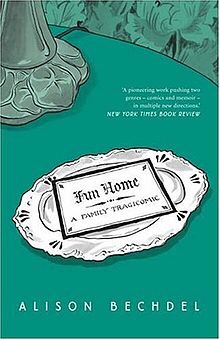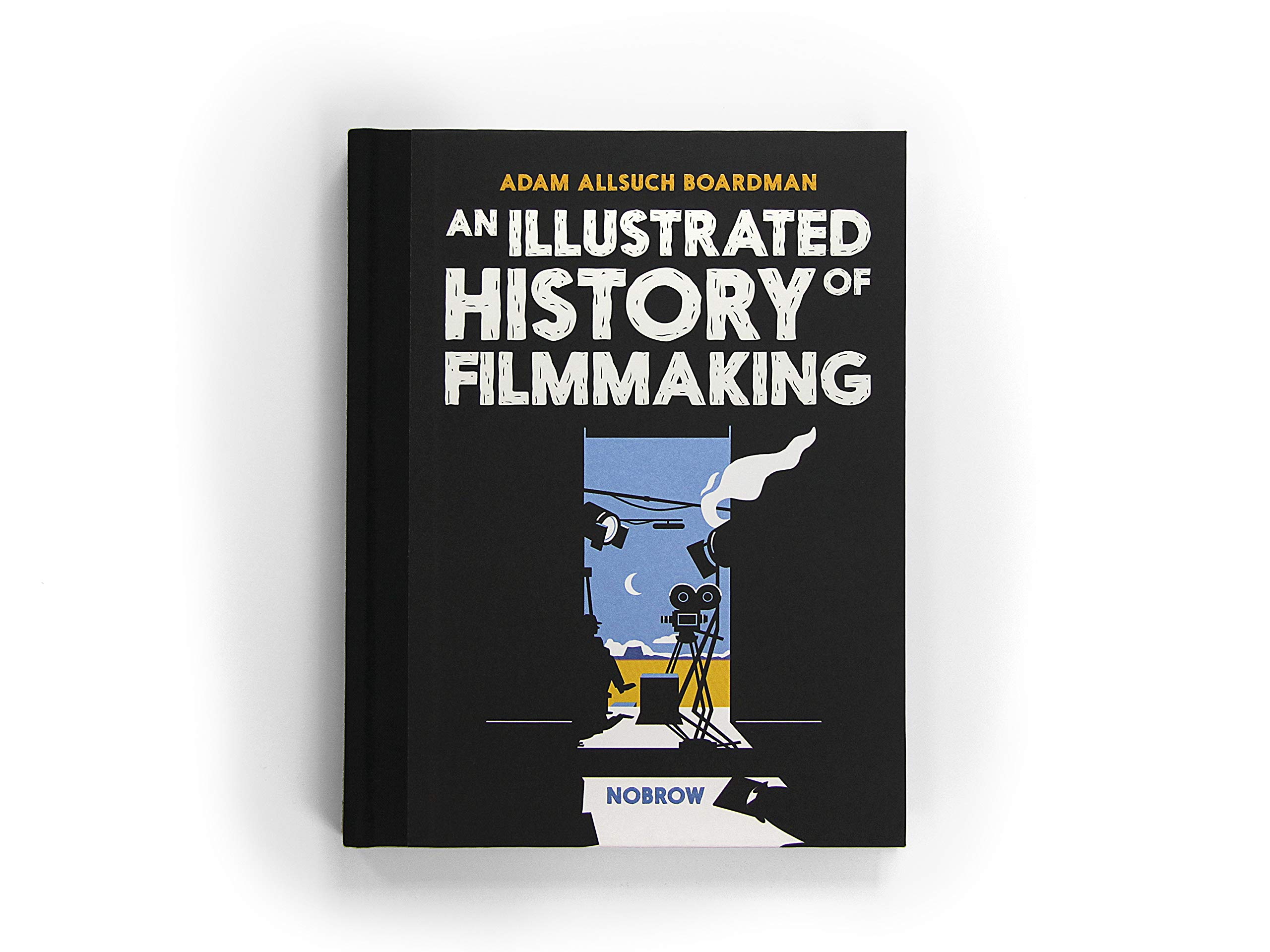If I had one takeaway from the recent TCAF Librarians and Educators Day, it was that comics as educational tools are here to stay, at least for the way educational goals are set out these days. Visual thinking is a must do, and comics blend verbal and visual thinking to impress information. There’s a reason why we tape a cartoon to our refrigerator door and not an essay.
But a few folks see the growing use of comics in schools as “problematic.”I first caught wind of this at The Corner, a conservative website that is a joy to behold these days, as they putter around the house with odd little rants about obscure subjects while the actual government is facing, well, tough times, in a perfect demonstration of the “This is fine” attitude.
ANYWAY, George Leaf labels the use of comics in college courses a “disturbing trend” in a recent post:
It has often been remarked that “higher education” these days does more to prolong adolescence than to help young people mature. A pretty good piece of evidence in support of that case is the fact that colleges and universities now have for-credit courses on comic books (or as they’re now called, “graphic novels”), sometimes fulfilling a literature requirement.
Leaf is referring to an even more comprehensive fret about comics at a site called The James G. Martin Center for Academic Renewal. The title of the piece: Graphic Novels Are Trending in English Departments, and That’s a Problem.
Oh boy for those who have been spoiling for a fight to defend comics this looks like the place! At first author Shannon Watkins allows that graphic novels can be useful teaching tools. What’s the problem then? That awful liberal agenda!
One reason is that the majority of graphic novels tend to advance political agendas. The graphic novels found on course syllabi and on reading lists often deal with controversial political issues such as social justice, immigration, gay rights, etc. This is part of a larger trend in the humanities, where focus often is on oppression and identity politics.
For example, Ursinus College assigns the widely acclaimed and controversial Fun Home by Alison Bechdel in undergraduate literature courses. Bechdel’s graphic novel is written as memoir, and discusses her experiences growing up in a dysfunctional family. The reader follows Bechdel as she learns about her father’s homosexuality and her lesbianism.
Another graphic novel, Bitch Planet by Kelly Sue DeConnick, also is a popular choice on university syllabi and has been described as an “intersectionally feminist text.” The book is about “a woman’s failure to comply with her patriarchal overlords.”While allowing that there is nothing “inherently wrong” about reading on these topics, Watkins still decries these “politically charged texts”:
For example, last semester North Carolina State University English professor Maggie Simon gave a talk titled “Comics and Graphic Novels—The New Literature.” In her talk, Simon praised graphic novels like Fun Home for their accessibility to “diverse communities of readers.” She explained that “such texts invite students to encounter complex and often uncomfortable iterations of marginalized identities.”
I know I’m pushing my own liberal agenda here, but how on earth is Fun Home a “politically charged” text? A woman discovers she’s gay and so is her dad. This happens every day all around the world and denying that it does is part of why Bruce Bechdel took his own life. Why is it so hard to admit that not every person on earth is a straight cis white man?
Later on, Watkins also picks on comics for their intellectual failings:
In addition to the fact that graphic novels often are used to further a political agenda, it seems that they don’t possess the same merit as traditional literature. Given students’ limited time in college, it is pressing that they be presented with more intellectually demanding readings. This is especially true when a student’s general education course may be the only exposure to literature that he or she receives during college.
Boo! Hiss! Comics aren’t just for kids any more!
While some comics lovers may see dark clouds in this attack on comics content and validity, I say, bring it on. It’s not “Identity politics” to study the lives of ordinary people who aren’t straight cis white men. And comics can be challenging, thought provoking works, as we all know.
There’s a good bit of back and forth in the comments, with some comics scholars racing to defend graphic novels. I’ll leave it to you to discern which side – the comics lovers or the haters – has the better articulated argument.







Nothing like ignoring reality! Let’s all just go back to the 1950’s!
I guess all this news proves is that there might be some validity in a bizzare way to dinosaurs exiting with modern humans !
This is not surprising, as these morons will try to censor and/or eliminate anything that challenges, resists, or flat-out denies their myopic view of art, culture, and society.
Fun Home is a basic in any gender studies class and Maus is also a basic read for any Holocaust-related class. They’re easy additions to any text-heavy class.
Good one, Eor…etc.
Comments are closed.